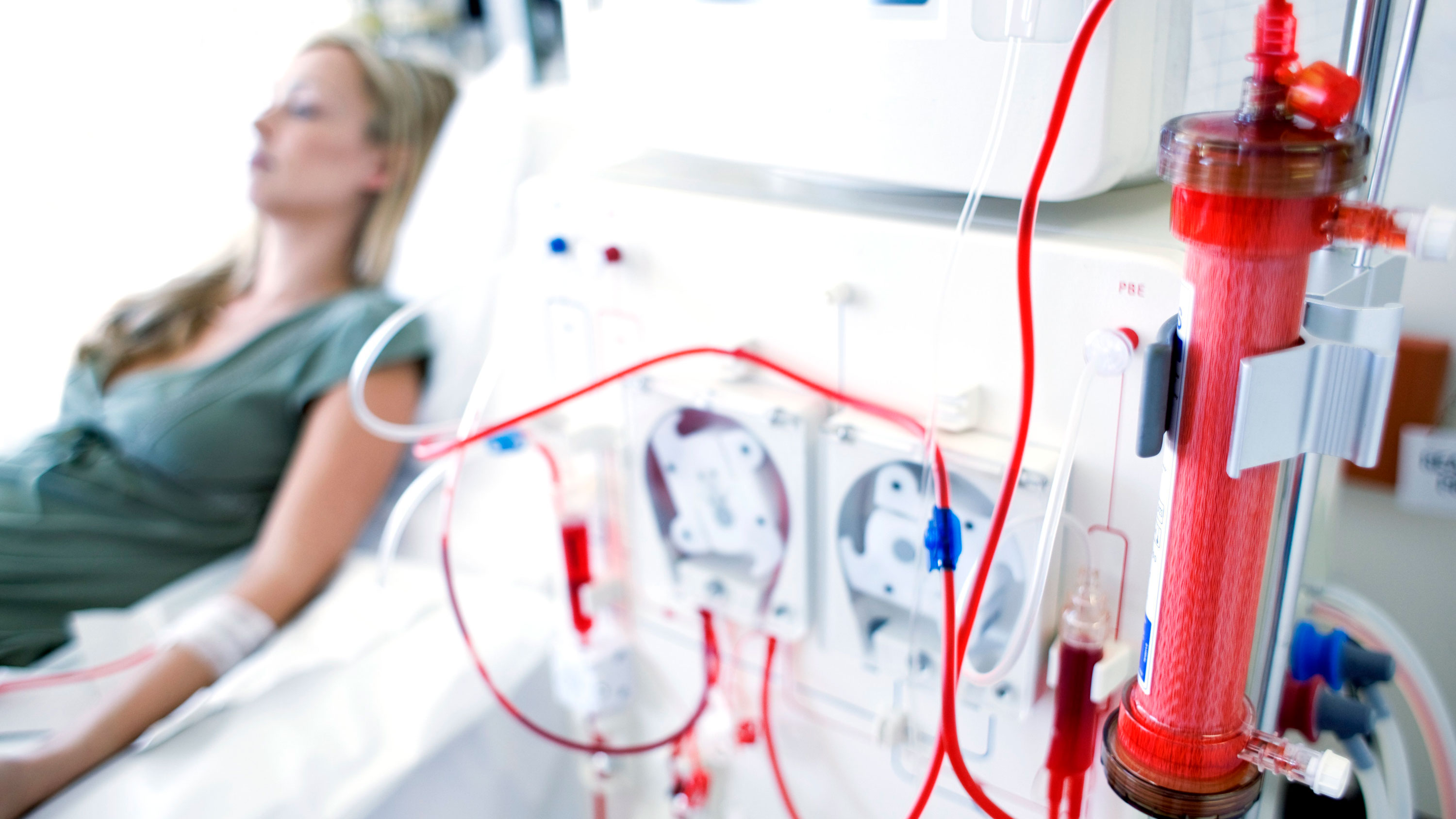
You may have problems with your vascular access, which is the primary reason people on Hemodialysis visit the hospital. Access to a vascular system can be:
get infected
are prone to blood loss or blockage as a result of scars or clots
The problems could stop treatments from functioning. Other methods of replacing or repairing access points may be required for the medicine to function correctly.
The sudden shift in the body's fluids and chemical balance in the course of treatment could result in other problems, for example: Riverside Nephrology Physicians provide the best hemodialysis center in USA.
ensure access
Access is your lifeline. Therefore, you must ensure it is protected. Clean the areas around your access with detergent and hot water throughout the day. You should also check in the event of signs of infection, for example, redness or warmth. If blood flows throughout the access area and your access appears to be functioning well, the patient might be able to feel a vibration around the region. The dialysis centre should be informed if you cannot handle the beat.
Change the food you eat and drink.
When a person is receiving Hemodialysis, it is possible to restrict:
The sodium content in drinks and food
foods rich in phosphorus
The quantity of fluid you drink includes fluids from the food items. The body builds up fluid in the body after hemodialysis treatments.
There are other things you may require:
Include protein in your diet since Hemodialysis eliminates protein
making sure you choose foods that have the correct amount of potassium
Consume the right vitamins for those who suffer from kidney failure.
Find healthy ways to add the calories you consume since you might feel a lack of appetite.
The dietician provides instructions to the patient.
A dietitian should be sought out to create a suitable food plan.
Consuming the right food can make a patient feel more comfortable during hemodynamic dialysis. Consult with the dietitian at your dialysis centre to develop an appropriate diet program.
What does the patient need to know how to tell if Hemodialysis is successful?
The patient will be able to tell whether the hemodialysis treatments are effective based on how they feel. Your energy levels could increase, and you could experience an increase in appetite. Hemodialysis decreases fluid and salt buildup, and you will experience less breathlessness and minor swelling.
This video will explain how patients with kidney failure feel better after starting dialysis—external link.
To maximize the benefits of Hemodialysis, patients must keep an optimal "dry mass." Dry weight should be the one that is attained that is not a result of excess fluid within the body. If an individual is cautious about sodium intake and Hemodialysis is functioning effectively, she should be able to attain her ideal dry weight by the conclusion of each hemodialysis session. When hemodialysis treatments are effective and the patient can maintain the perfect weight for dryness, their blood pressure needs to be kept under control. Blood tests also reveal how well the hemodialysis treatment is effective. Every month, regardless of whether the patient is receiving the hemodialysis treatment at home or the dialysis facility, they will be tested for blood at the dialysis facility.
Muscle cramps
A sudden drop in blood pressure is known as hypotension, a sudden drop in blood pressure. Hypotension can cause a patient to feel dizzy, weak or feel an irritable stomach.
Your physician may alter your dialysis regimen to keep these problems from occurring. Regular and longer-lasting dialysis at home is less likely to trigger muscle cramps or sudden variations in blood pressure when compared to regular dialysis in-centre.
Blood loss can occur when the needle is pulled from the access point, or the tubing escapes from the dialyzer. To avoid bleeding, Dialysis machines come with an alarm for blood leaks that activate an alarm. If the problem is discovered in the clinic, the technician or nurse will be on hand to intervene. If you are dialling at home, this training will help you and your friend resolve the issue.
It could take a few months for a patient to become accustomed to the process of Hemodialysis. All issues must be communicated to the patient's medical team, who can handle side effects quickly and efficiently. Many of the side consequences can be prevented by adhering to the diet schedule developed by your dietitian, restricting the intake of fluids and taking your medications according to the instructions. Riverside Nephrology Physicians provide the best Social Work Services in USA.
What happens if a patient is dialysis-treated and decides to end it?
If the patient is on dialysis and wants to stop it, they'll continue receiving supportive care. Social workers for dialysis can assist in the creation of an end-of-life treatment plan before you cease dialysis.